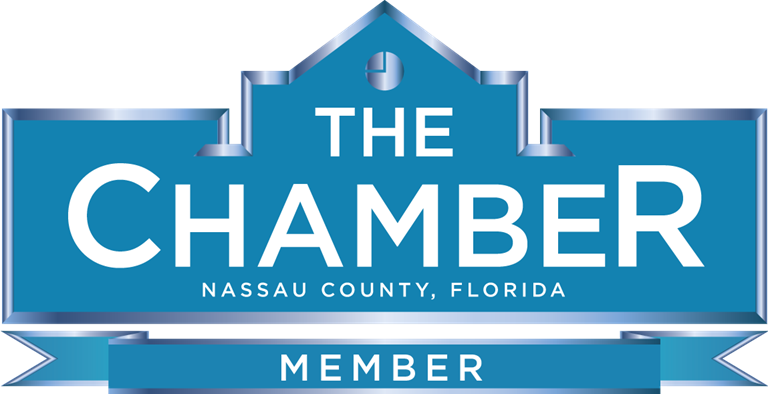I'm in my 40's. Could annuities be right for me?

Before we dig into whether annuities make sense for a younger person in their 40’s, let’s take a look at what annuities are. Annuities are insurance products that involve the owner making an upfront payment, which then earns interest and grows at a reasonable rate over time. Often, annuities are designed to provide guaranteed income in retirement, but that does not mean that they are only for retirees. A younger person that purchases an annuity before they retire will then have more time to watch it grow in order to see larger “paychecks” later in life.
There are different types of annuities that vary in ways such as how the payouts occur or interest is accumulated. We, at Summerlin Benefits Consulting, most often prefer Fixed Index Annuities for our clients. Fixed Index Annuities (FIA) are tied to a specific market index, such as the S&P 500 for example, and are backed by the insurance company so your account will earn interest on up-years in the stock market but won’t lose during down markets. As a result, the client can achieve both safety and a reasonable rate of return over time.
There is no overarching rule that sets an age minimum and maximum for purchasing annuities; the individual insurance companies are the ones that set the age restrictions for each of their products. The minimum age requirement is sometimes as low as 18, while the upper limit is typically between 75-95.
Generally speaking, most people who purchase an annuity are somewhere between 45 and 75. Where one falls in this age range may determine the type of annuity that they choose, as each product is designed to meet specific needs and goals. The needs and goals of a 40-year-old may differ vastly from those of a 70-year-old. This is where having the guidance of an annuity expert, who is well-versed in how best to use the products in your retirement strategy, can be crucial in finding the best option for you.
For example, someone who is younger and still working may purchase an annuity which allows them to add funds continuously over time so that they can continue to grow their nest egg before retiring. Furthermore, a younger person may be open to longer time commitments, for the same purpose of seeing more growth along the way, while an older person may opt for shorter time commitments or products that allow them to turn on the income sooner. An older person who chooses a longer time commitment may be doing so to grow the money for their beneficiaries in what’s called a “Lifetime and Legacy Product”.
These are just a few examples of age-specific considerations when looking at annuities. Another factor that may affect the purchase of an annuity depends on what type of funds (qualified or non-qualified) you are considering moving into the annuity. Qualified annuities are most commonly funded by pre-tax dollars, such as funds that are transferred from a 401(k) or IRA plan and will sometimes have limits on how much you can fund per year. You can roll over funds at any age without any penalties, from one of these qualified plans, but often can’t access the funds until you are 59 ½ per IRS rules. If your plan is to purchase a non-qualified annuity using after-tax funds, such as extra cash you might have on hand, you have a little more flexibility on how much and how often you can add funds to your annuity. In some cases, you can even start withdrawing income as early as age 50 with a non-qualified annuity.
A final age-related consideration is your payout amounts. The value of your annuity payments may change depending on when you choose to annuitize or turn on your income stream. Generally, the younger you are when you annuitize, the smaller your payout percentages are because it’s preparing for longer life expectancy. Some people prefer to wait until they are in their late 60’s or even their 70’s to turn on income, simply because the payout will be higher.
To sum everything up, yes- an annuity could be a great part of a 40-year-old’s retirement plan. Starting an annuity early and adding to it over the rest of your working life can be a terrific way to build yourself a retirement income source that will pay above and beyond other sources like social security and pensions. Starting a Fixed Index Annuity in your 40’s also lets you take advantage of stock market performance to help your asset grow for many years before you get ready to retire.
Annuities are a great option for anyone who is trying to grow and protect their nest egg in preparation for retirement, regardless of age. The specific insurance company will set the age minimums and maximums for each annuity product that they offer, and Summerlin Benefits Consulting can help you navigate your options based on your age and needs. If you’re considering an annuity but aren’t sure if it’s right for you, call us today and we’ll schedule your no-obligation meeting with one of our licensed professionals.






